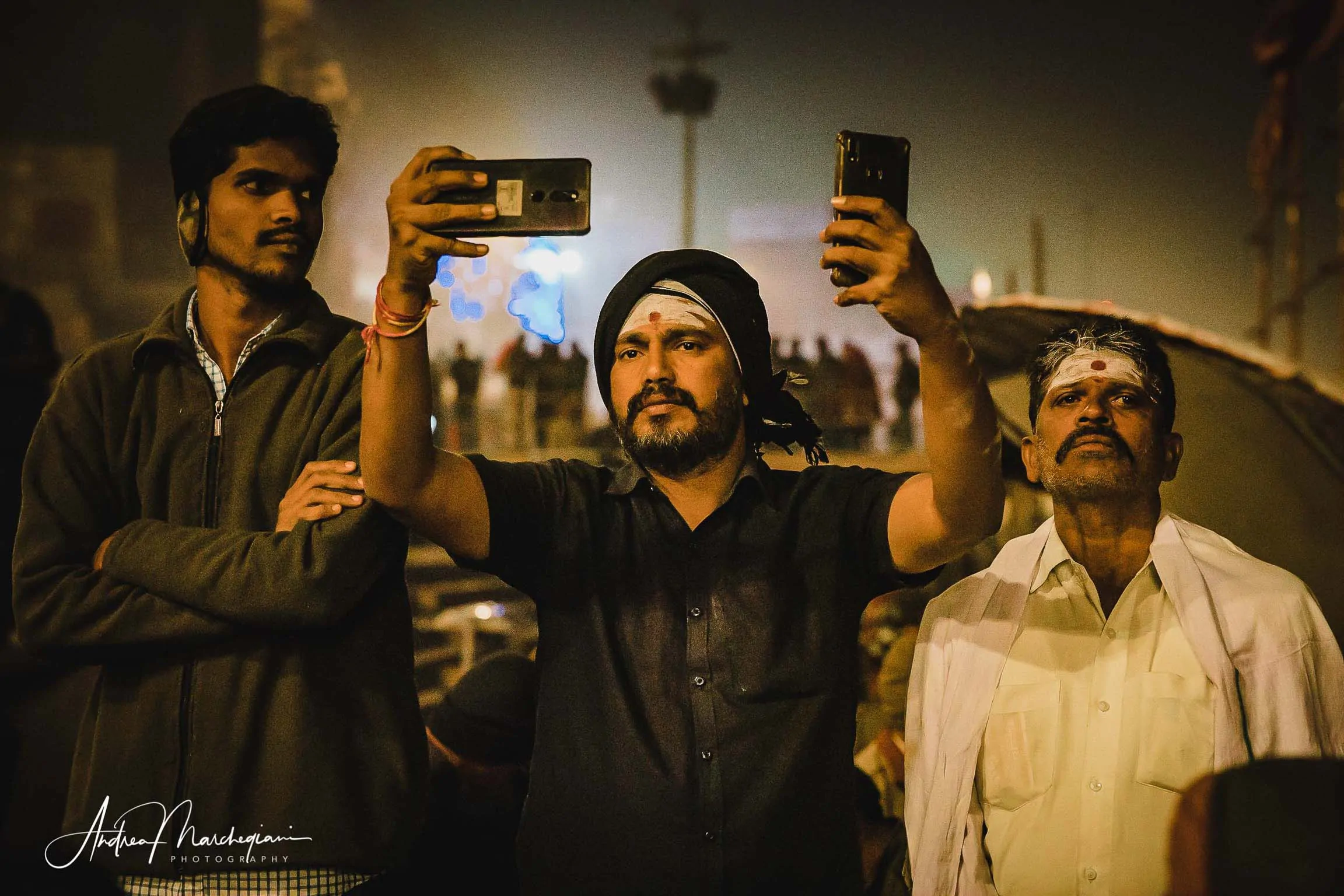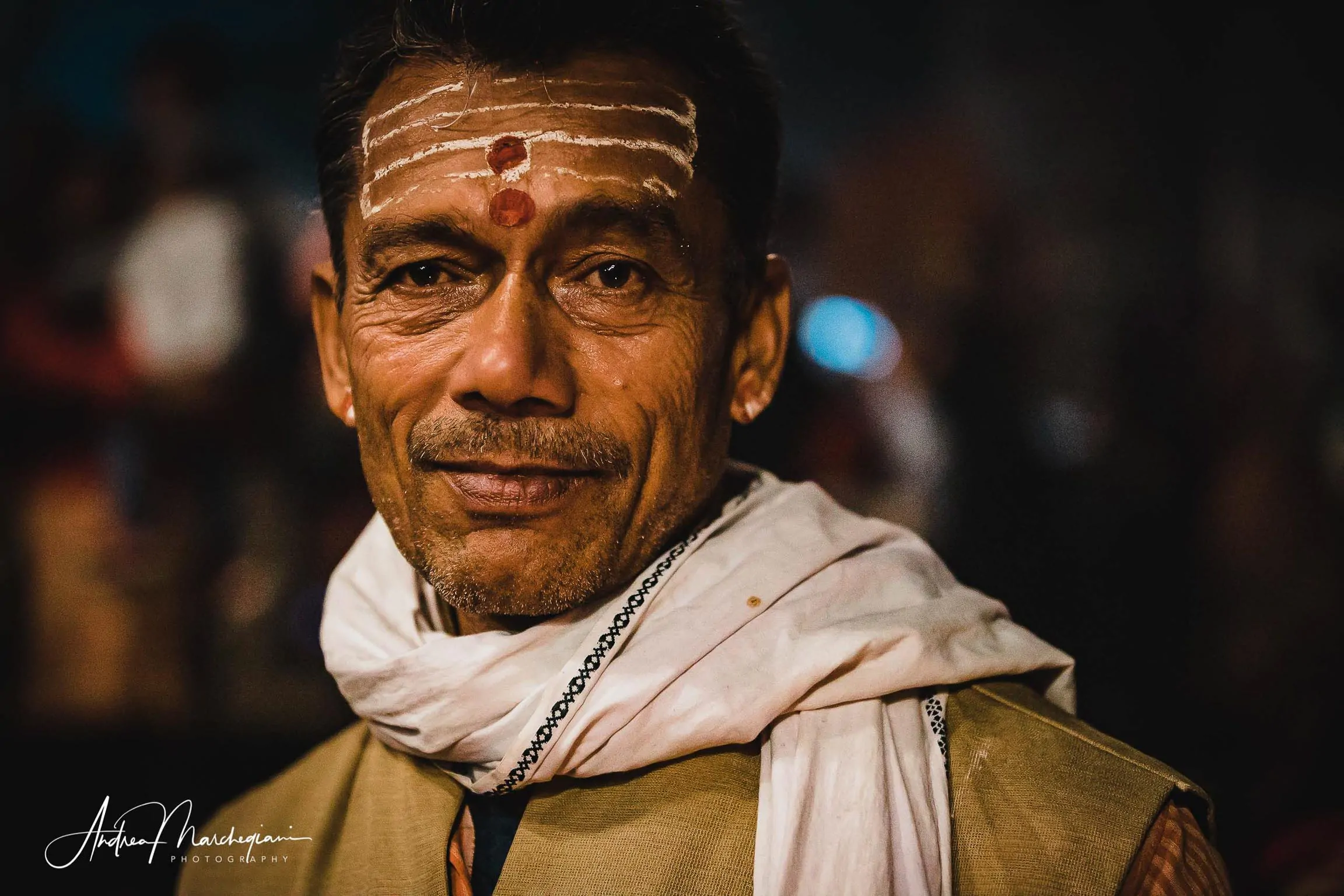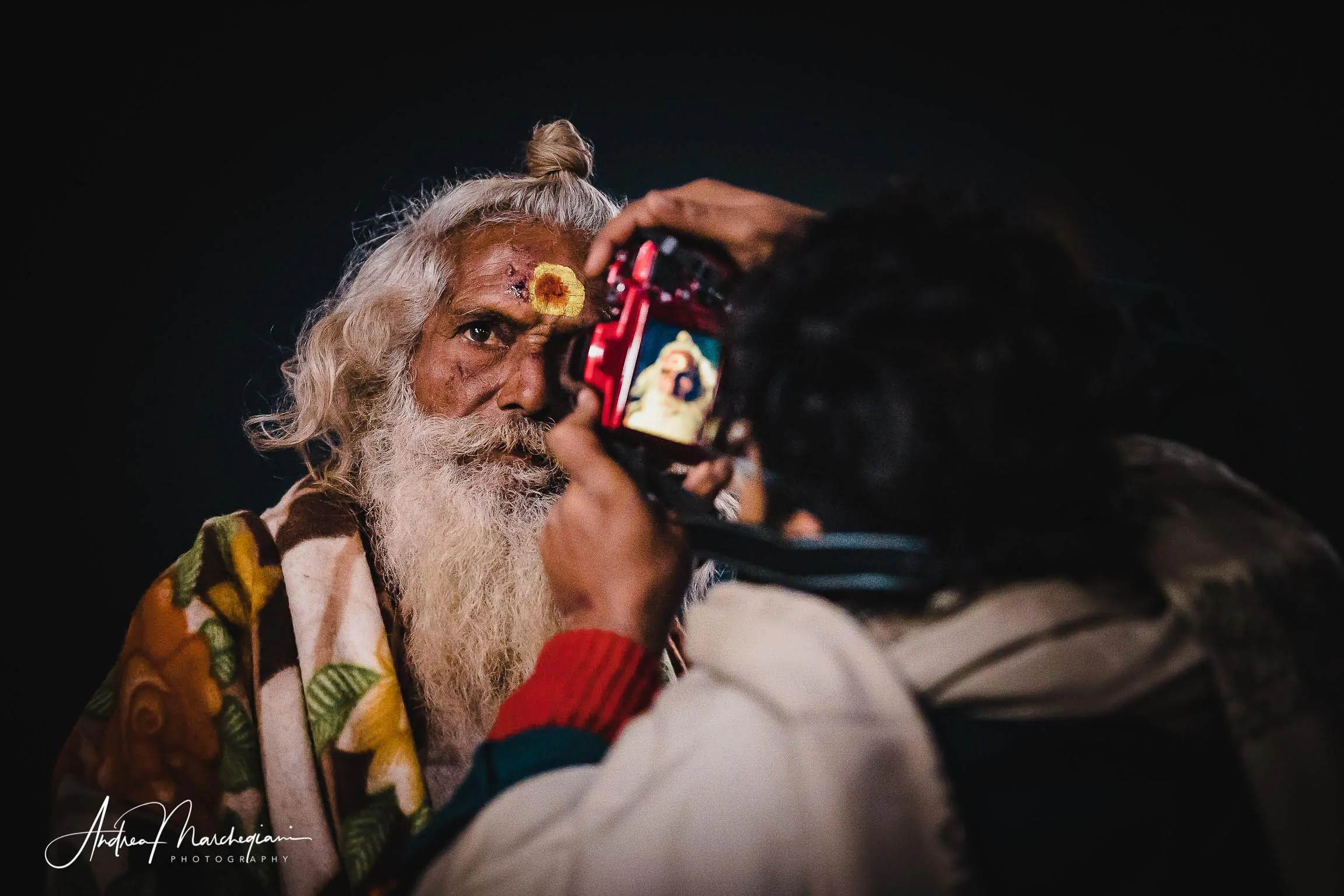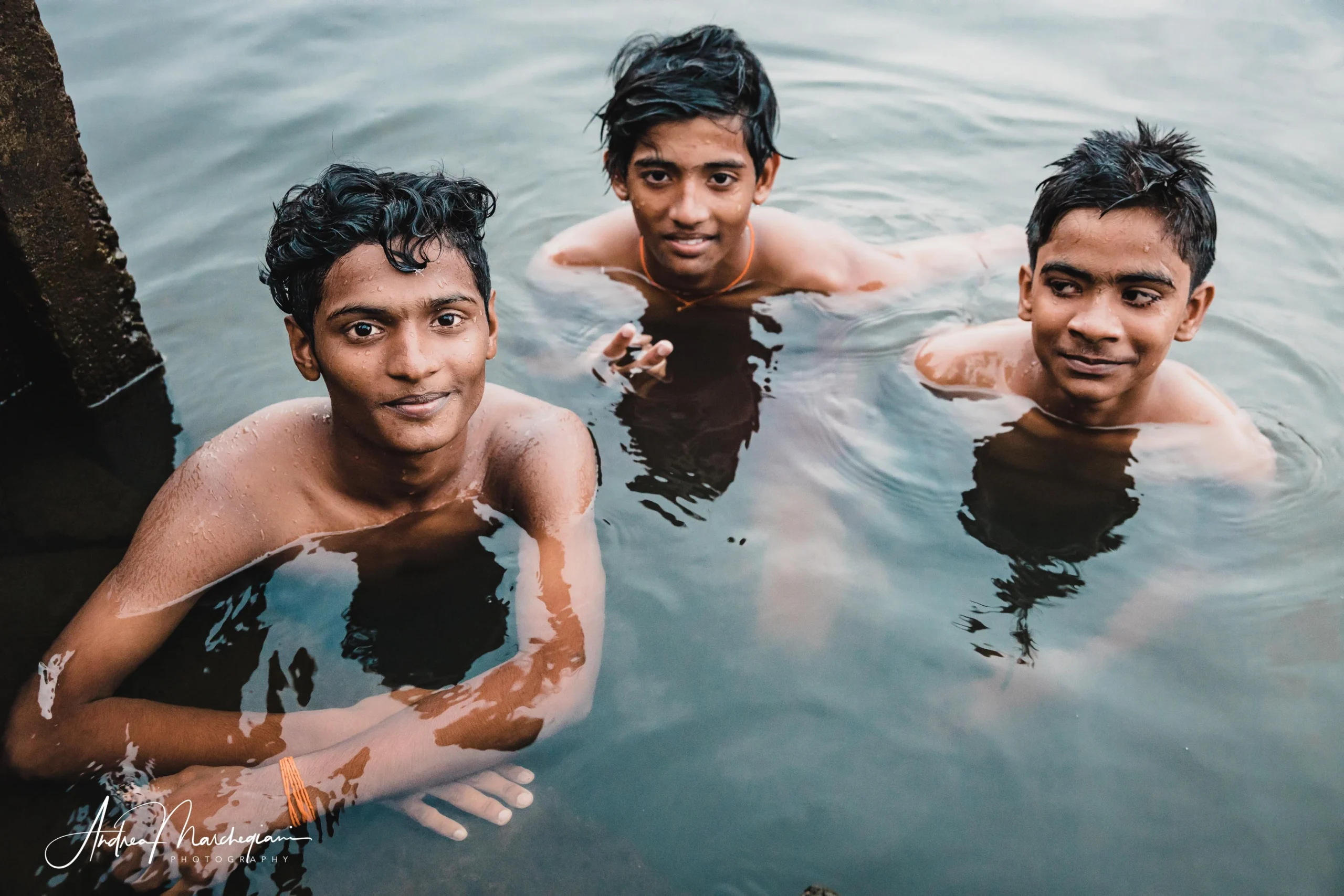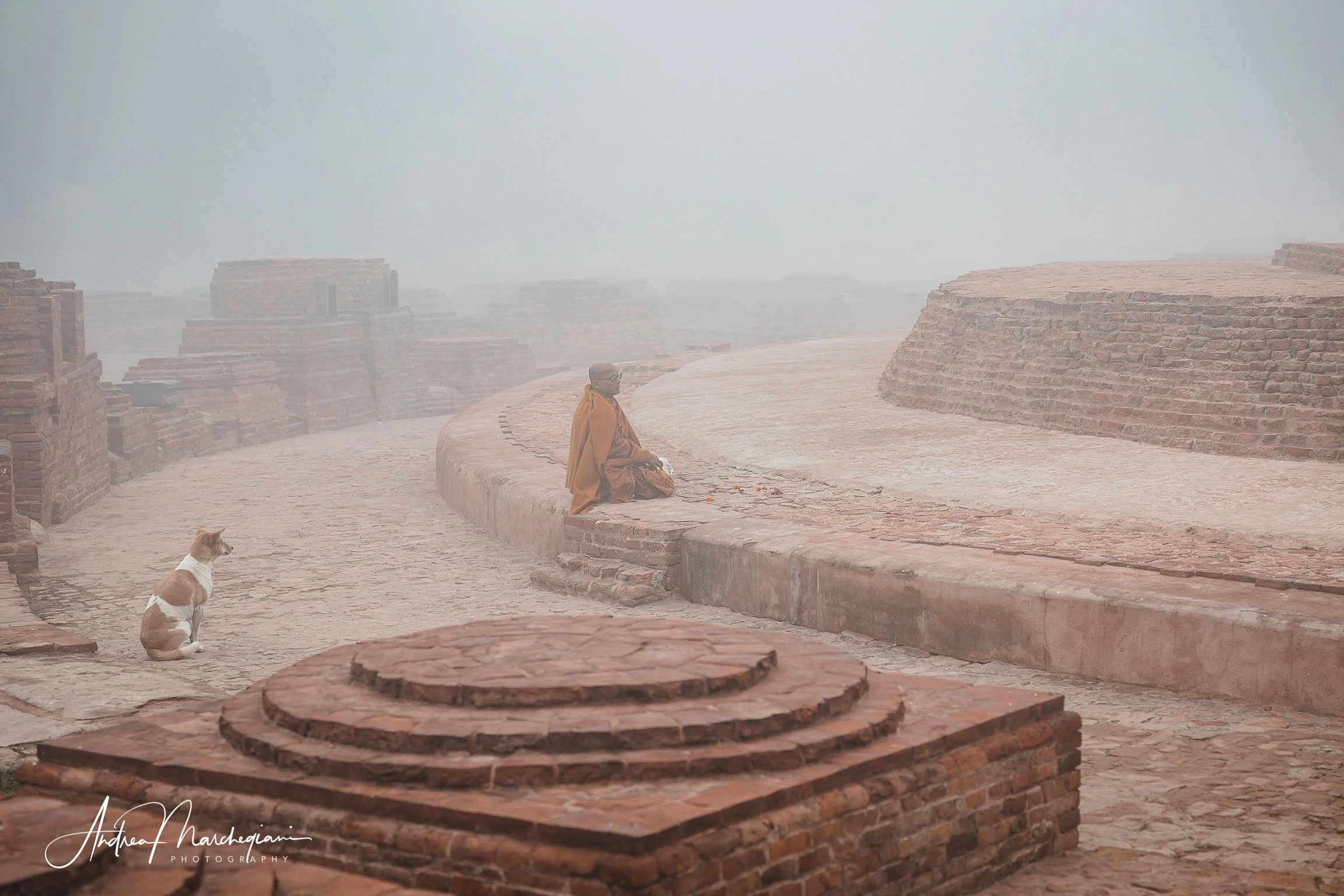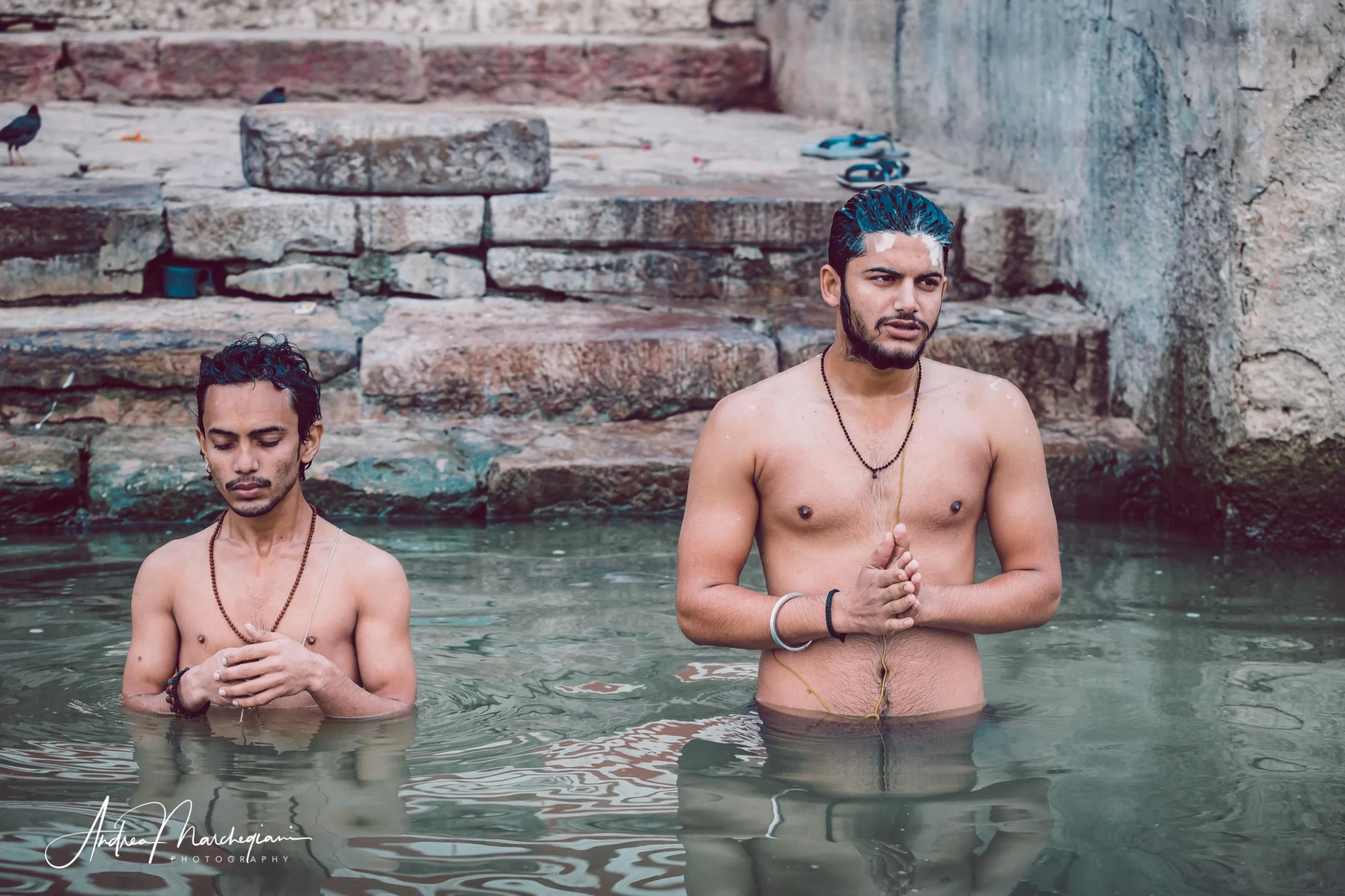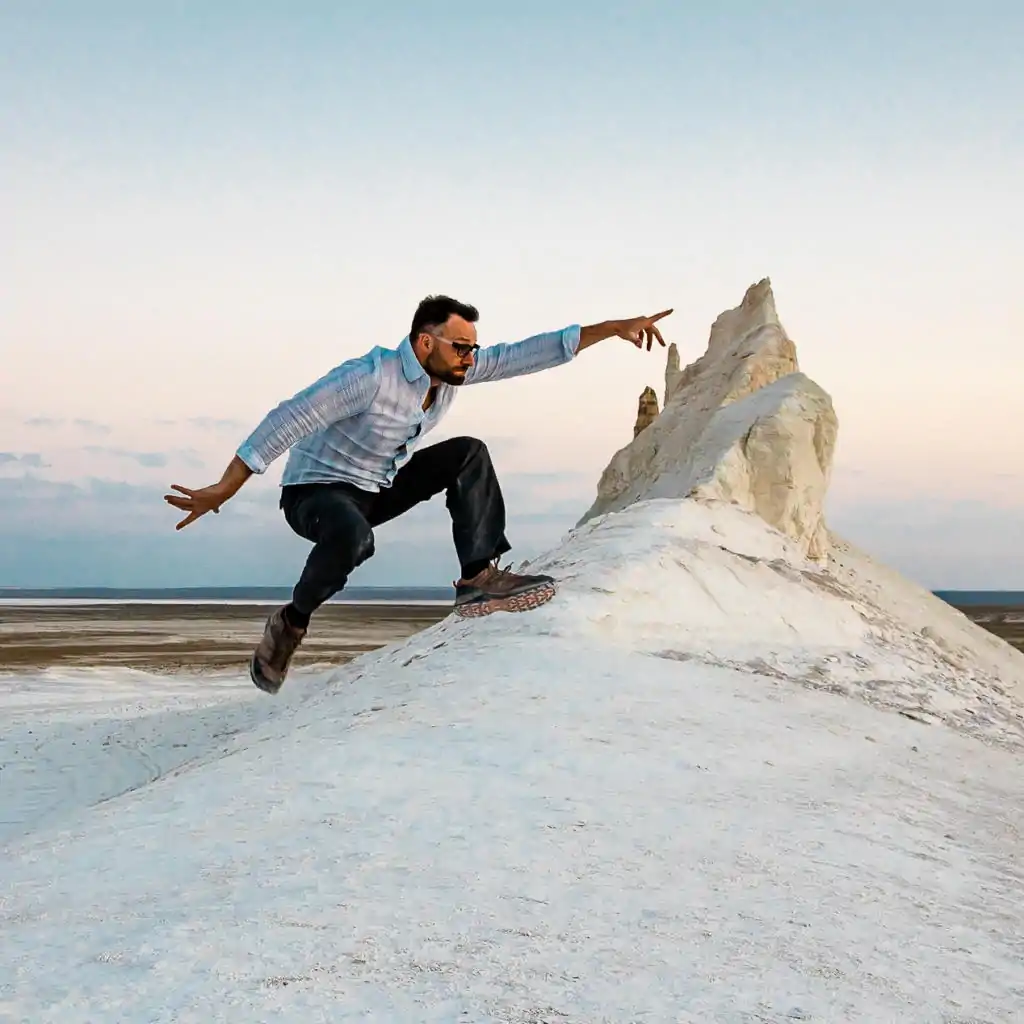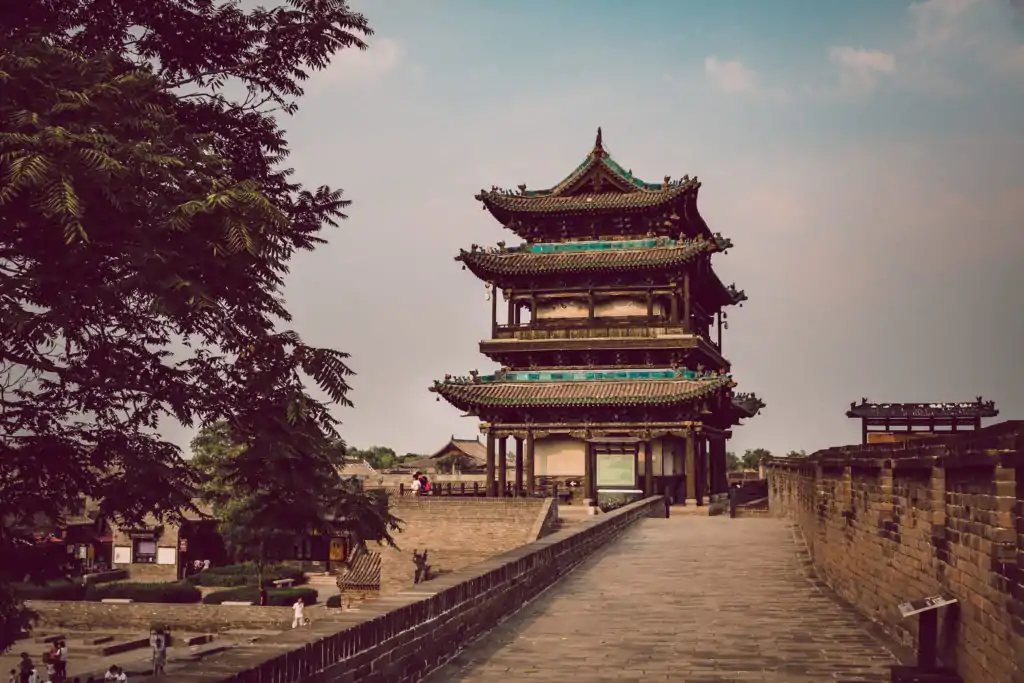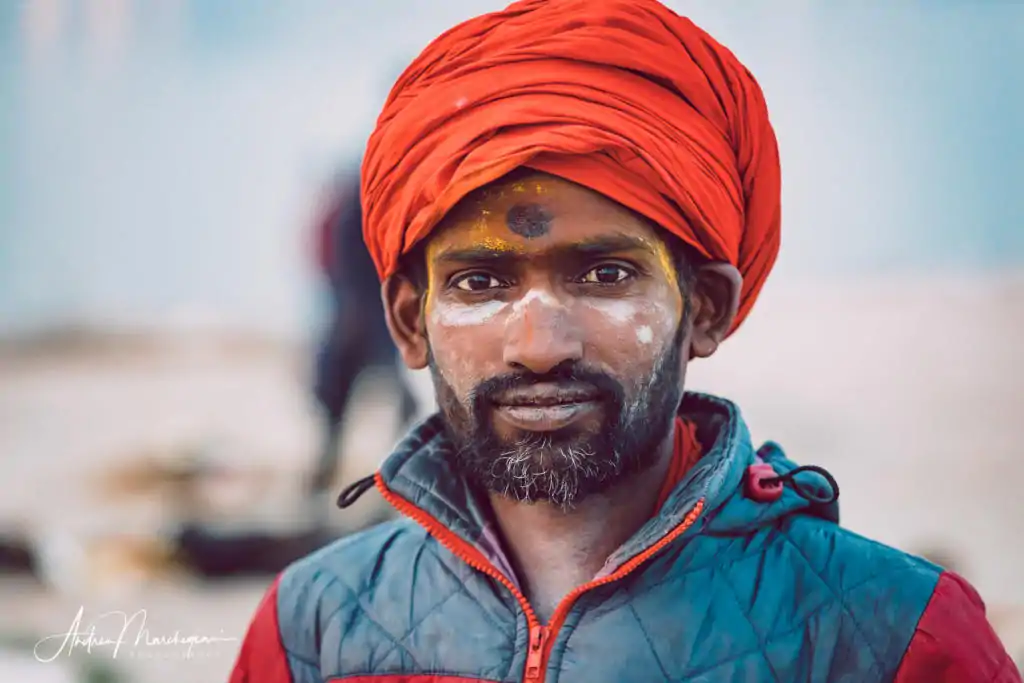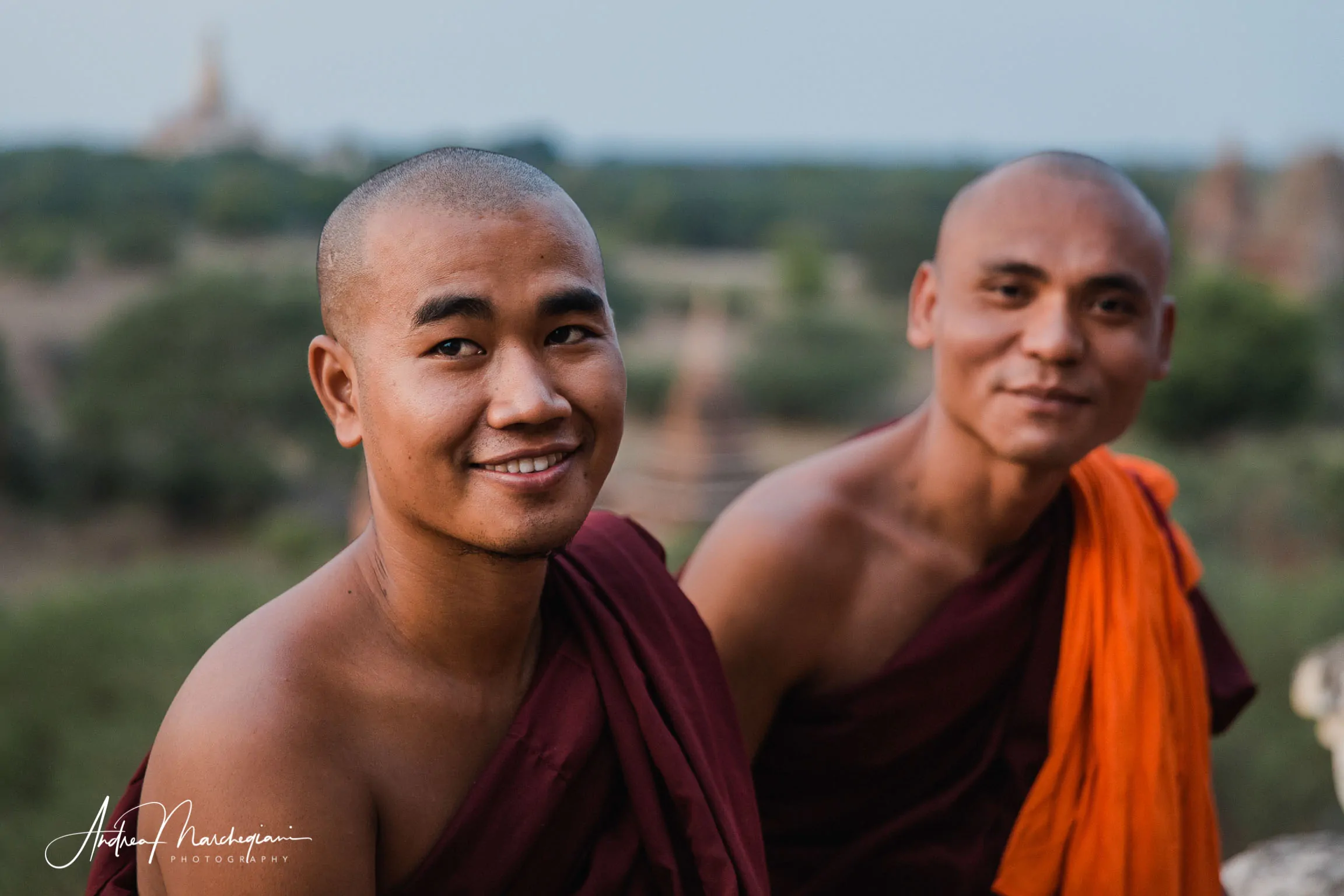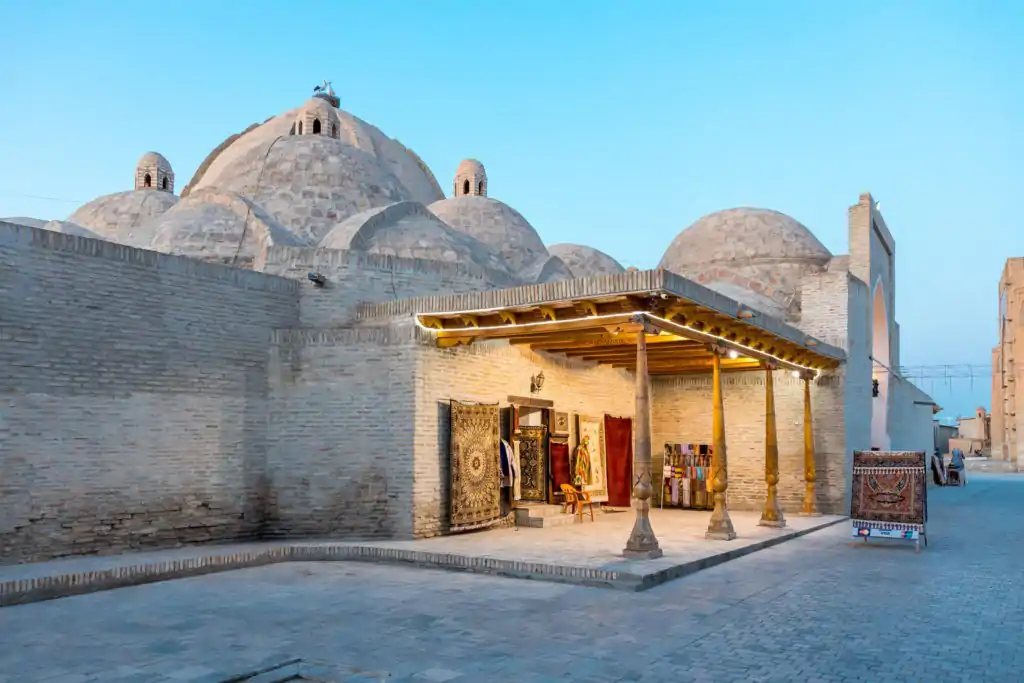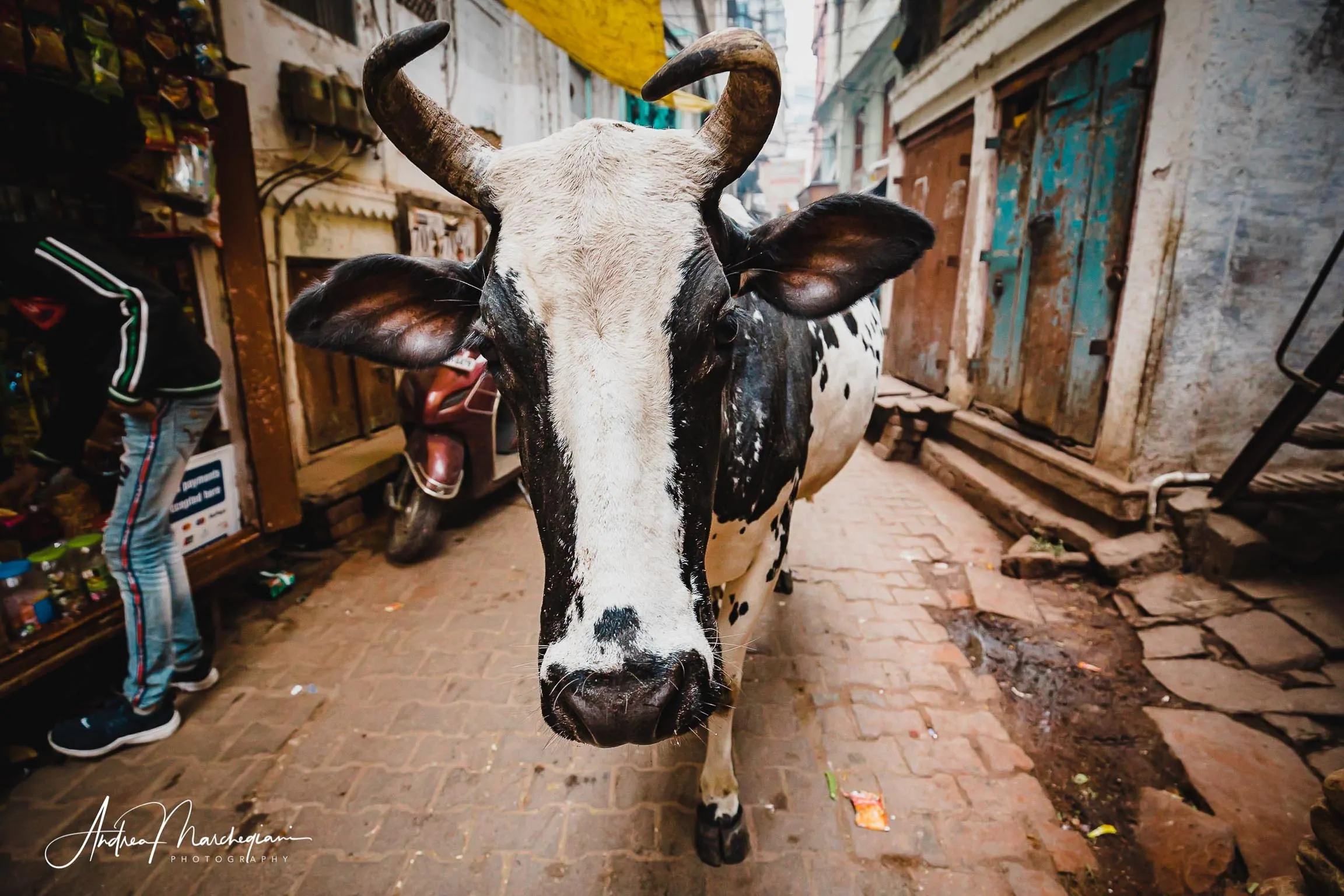
- Home
- Photo Galleries
- Portrait Photography
- Landscape Photography
- Street Photography
- China
- Ethiopia
- India
- Holy Ganges
- Varanasi
- Varanasi Ganga Aarti
- Varanasi, Manikarnika Ghat
- Varanasi Streets & Alleys
- Varanasi Demolition
- Varanasi Fruit Market
- Sarnath
- Brick Kilns
- Tamil Nadu, Chennai & Mamallapuram
- Tamil Nadu, Fort Tirumayam & Madurai
- Tamil Nadu, Tiruvannamalai & Thanjavur
- Kerala, Munnar
- Kerala, Peryiar
- Kerala, Backwaters
- Kerala, Kochi
- Kazakhstan
- Myanmar
- Senegal
- Uzbekistan
- Travel Blog
- China
- Ethiopia
- India
- Tamil Nadu & Kerala
- Varanasi
- Whato to do in Varanasi
- Varanasi Life along the Ghats
- Varanasi Death along the Ghats
- Varanasi Ganga Aarti Ceremony
- Varanasi demolished to honor Shiva
- Varanasi Fruit Market
- “Varanasi, A Journey into the Infinite”
- Sarnath
- All about River Ganges
- Holy Shit. All about Indian Cow Dung
- Clean India Project
- Brick factories
- Tilaka, pundra, bindi: what is the mark on Indian foreheads?
- Kazakhstan
- Mongolia
- Ulaanbaatar, the coldest capital in the world
- What to do in Ulaanbaatar
- Chinggis Khan Museum, 6 floors of Mongolian history
- Gorkhi-Terelj National Park and Bodgkhan Natural Reserve
- Altai Mountains, Things to do in Olgii and Sagsai
- Living with the Eagle Hunters
- Sagsai Eagle Festival
- Navrus Festival
- Xöömej, Mongolian throat singing
- Mongolian Food
- Myanmar
- Senegal
- Uzbekistan
- Latest Posts
- Photography Blog
- About
- Prints
Unless you hate it at first glance, India soon induces this exhilaration: it makes everyone feel part of creation. Noone never feels alone, never completely separated from the rest. And here is its charm. In India you feel different than elsewhere. You feel other emotions, you think other thoughts.
– Tiziano Terzani, One More Ride on the Merry-Go-Round
Share with your friends:
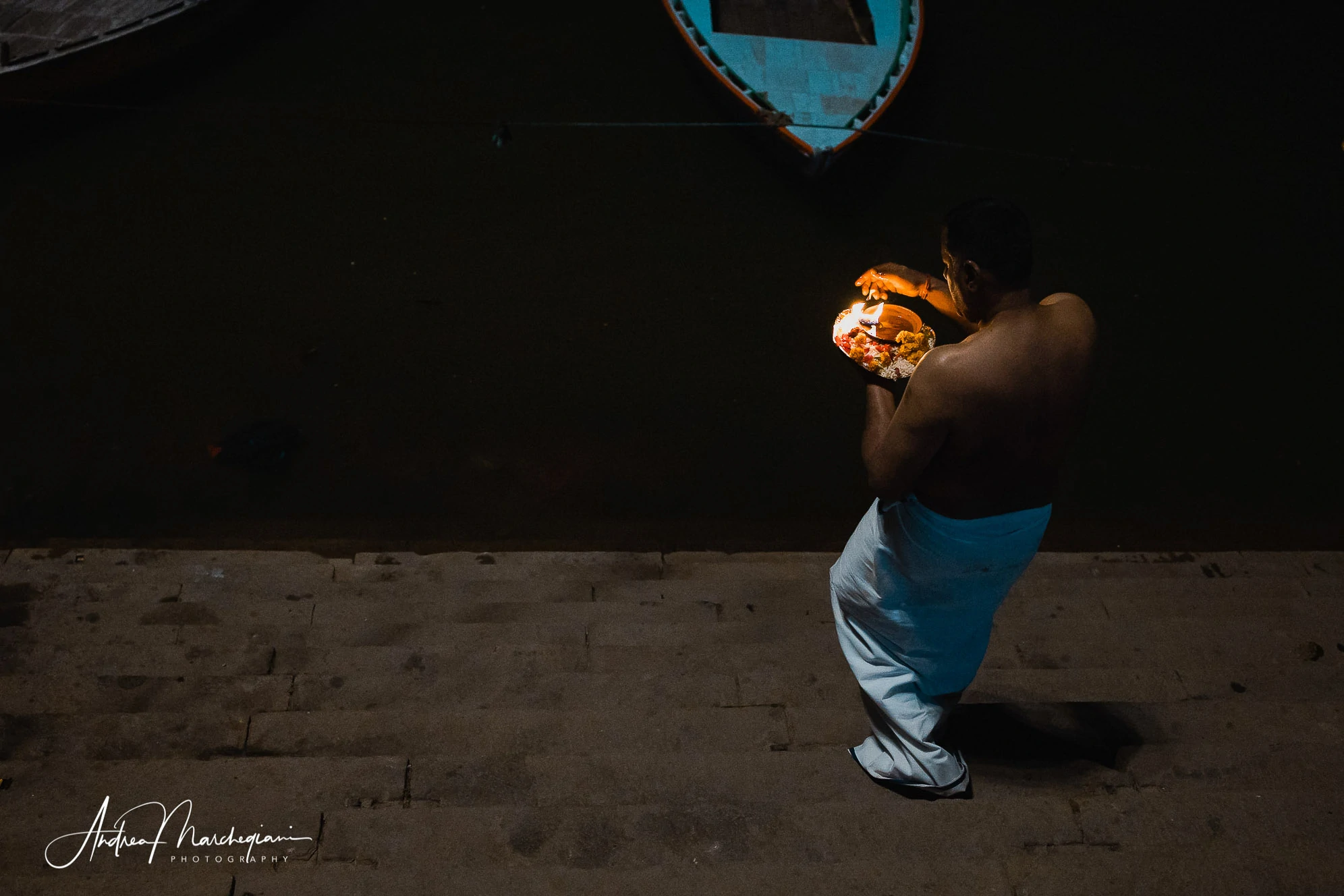
The river-goddess Ganga
Varanasi bewitches you. It may be because of its lively life on the ghats or the atmosphere you fell at Manikarnika Ghat during creamtions. Or perhaps it’s the energy flowing into the dirty, vital streets of the city.
As evening falls, like moths to the flames, people gather in the Dasaswamedh Ghat to witness Ganga Aarti, a majestic ritual of thanksgiving to the river goddess, Ganga.
The first time I attend, the ritual stuns my senses so much that I want to get away from it. You often find yourself in India feeling so overwhelmed that you need a break. The intense smells, the strong flavors of the dishes, the direct ways of people, everything seems to attack your personal, physical and psychological defenses. You can’t ask for privacy here, where everything, every person seems to get confused and mingle with each other.
I had to witness Ganga Aarti several times to understand its mystical, regenerative power.
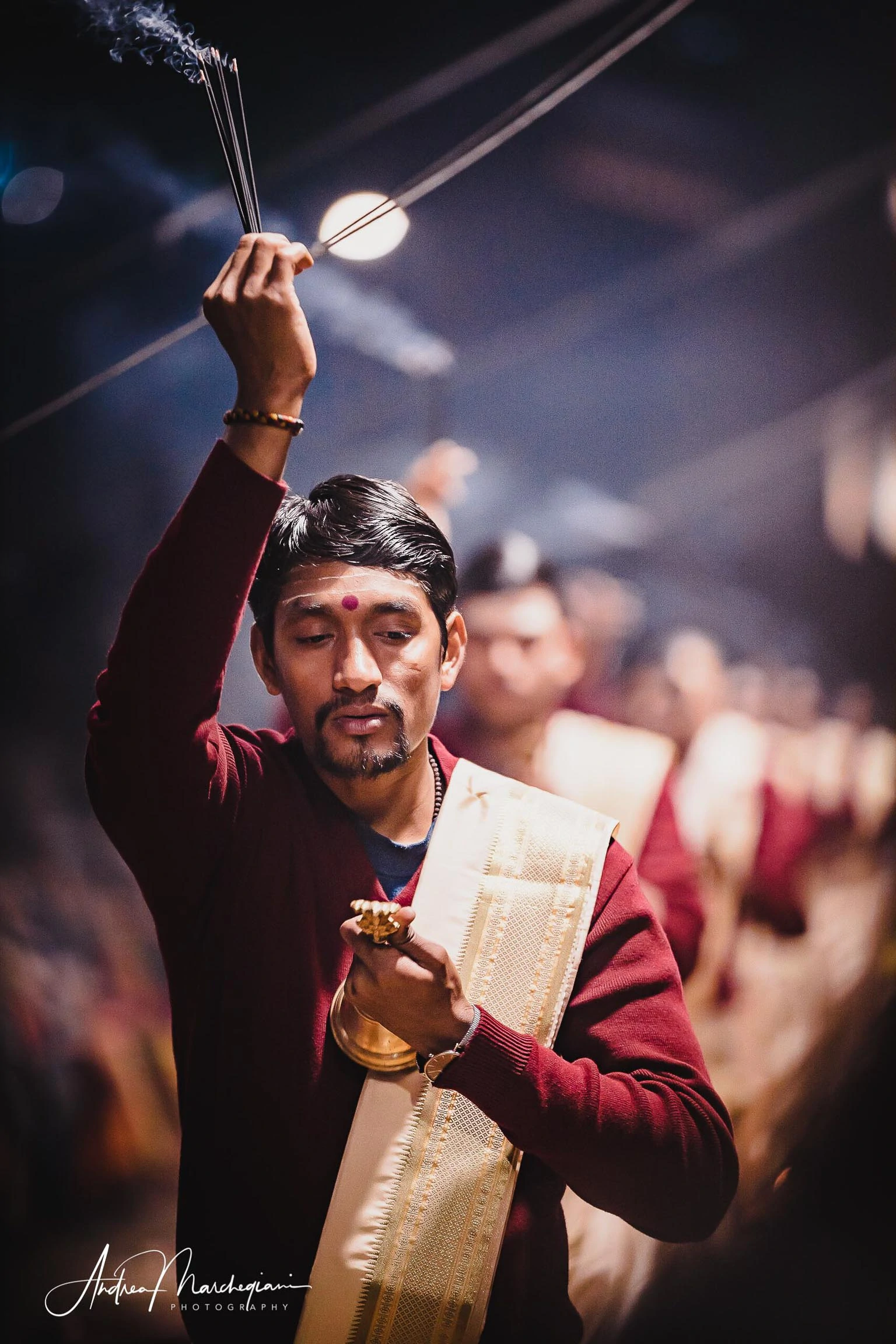
What is Ganga Aarti Ceremony
The rite takes place to the rhythm of Bahjan, a Hindu chant punctuated by the tinkling of small bells. It is officiated by pandits, Sanskrit scholars belonging to the Brahmin caste, on a wooden stage in front of the banks of the Ganges.
The whole community attends the ceremony: the citizens, the pilgrims from all over and the sadhus, the “holy men” who for the occasion abandoned their ascetic practices.
After blowing into a shell to eliminate all the negativities, the priests begin their dance: they wave incense sticks, rotate candelabra and raise lanterns of fire.
The faithful assist with eyes full of confidence and wonder, surrounding the stage from all sides: they sit on benches and chairs in the ghat square, but they also gather on the banks of river Ganges, filling the boats that stop along the shore. Younger people film the ceremony with their mobile phones to show it, live, to family members who cannot be present.
Ganga Aarti lasts around 45 minutes, during which the fragrance of sandalwood fills the air and the sound of the bells gets louder and louder.
Children with large baskets walk among the rows of chairs where the faithful sit. “Take one”, says a young woman passing me. ” No, thank you”, I answer, not knowing what to do with her gift. ” I don’t want money”, he scolds me annoyed. “Take one and light the candle. Let it go in the river. Good luck”.
I take the votive basket in my hands. “You can give an offer, if you like”. I look for some money in the pouch, feeling obliged by now. ” Not now, after. Now leave the candle on the river,” she told me as she left.
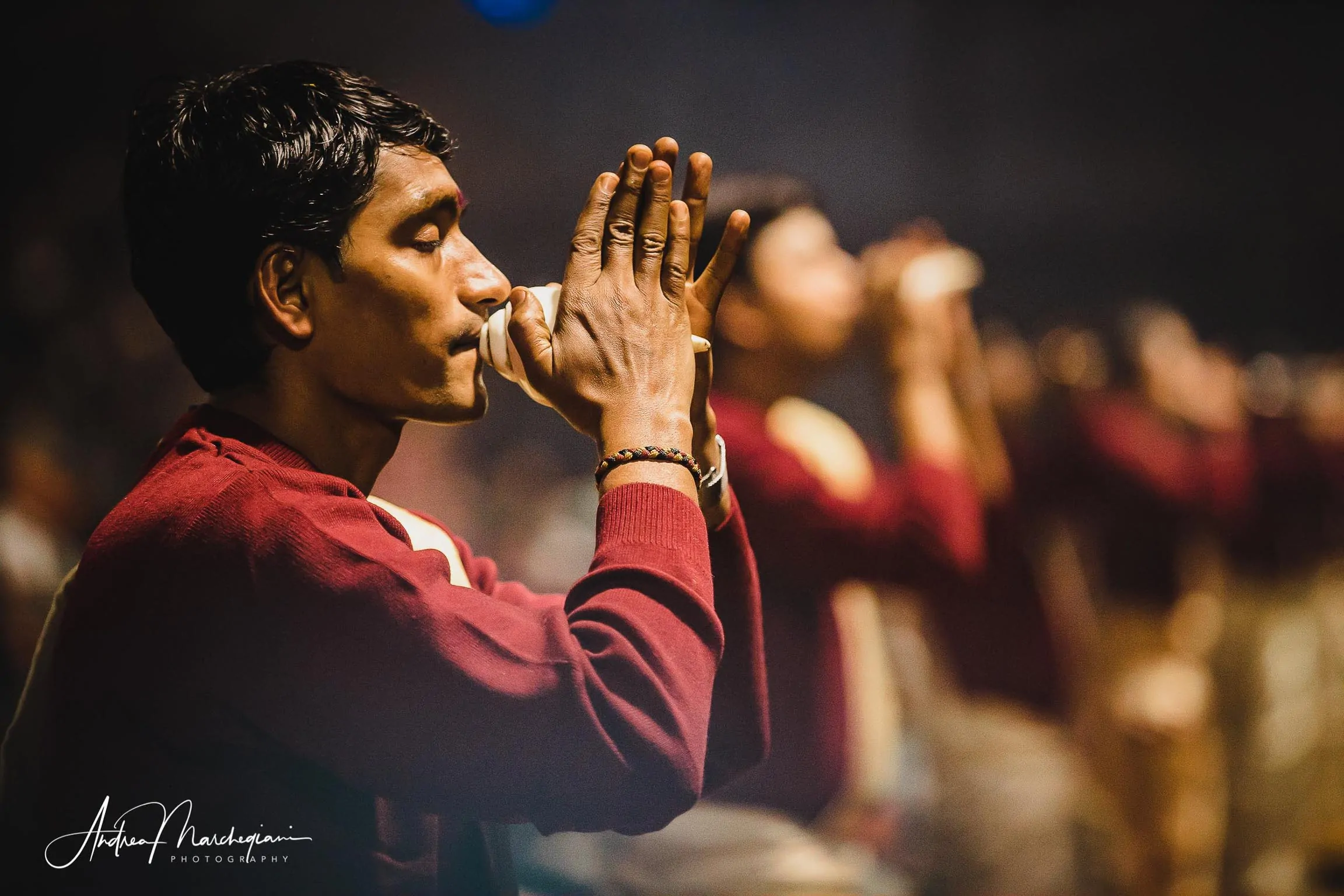
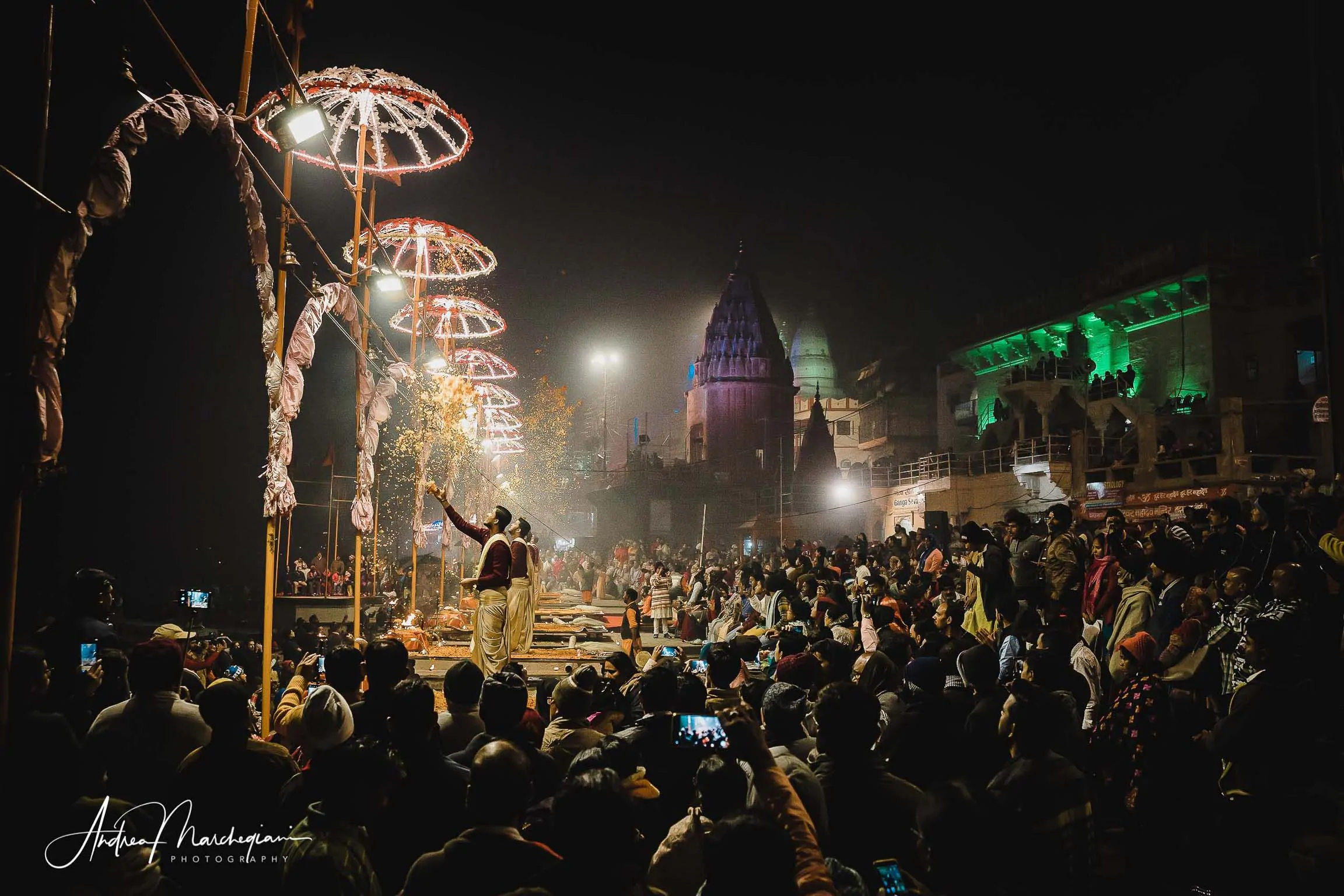
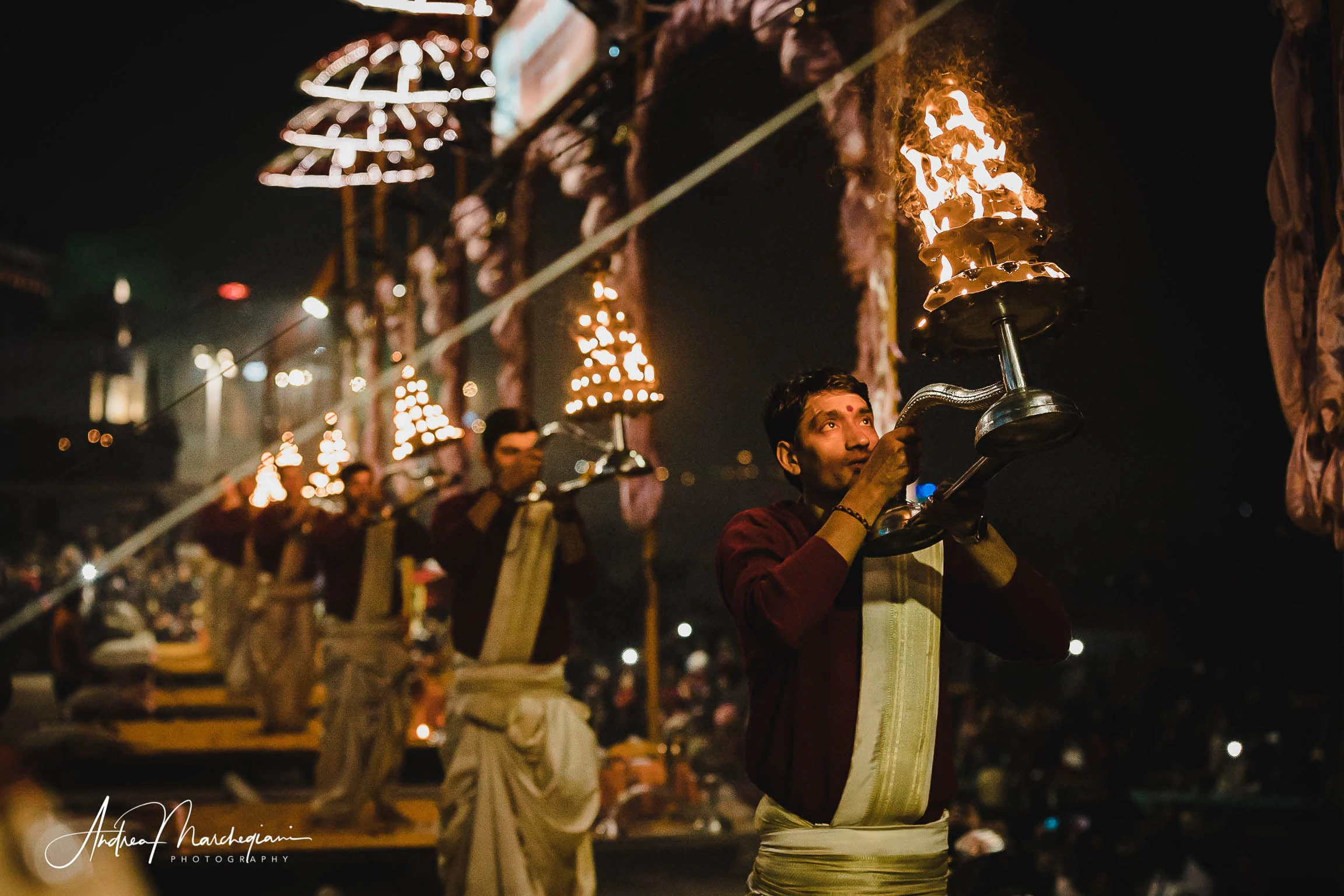
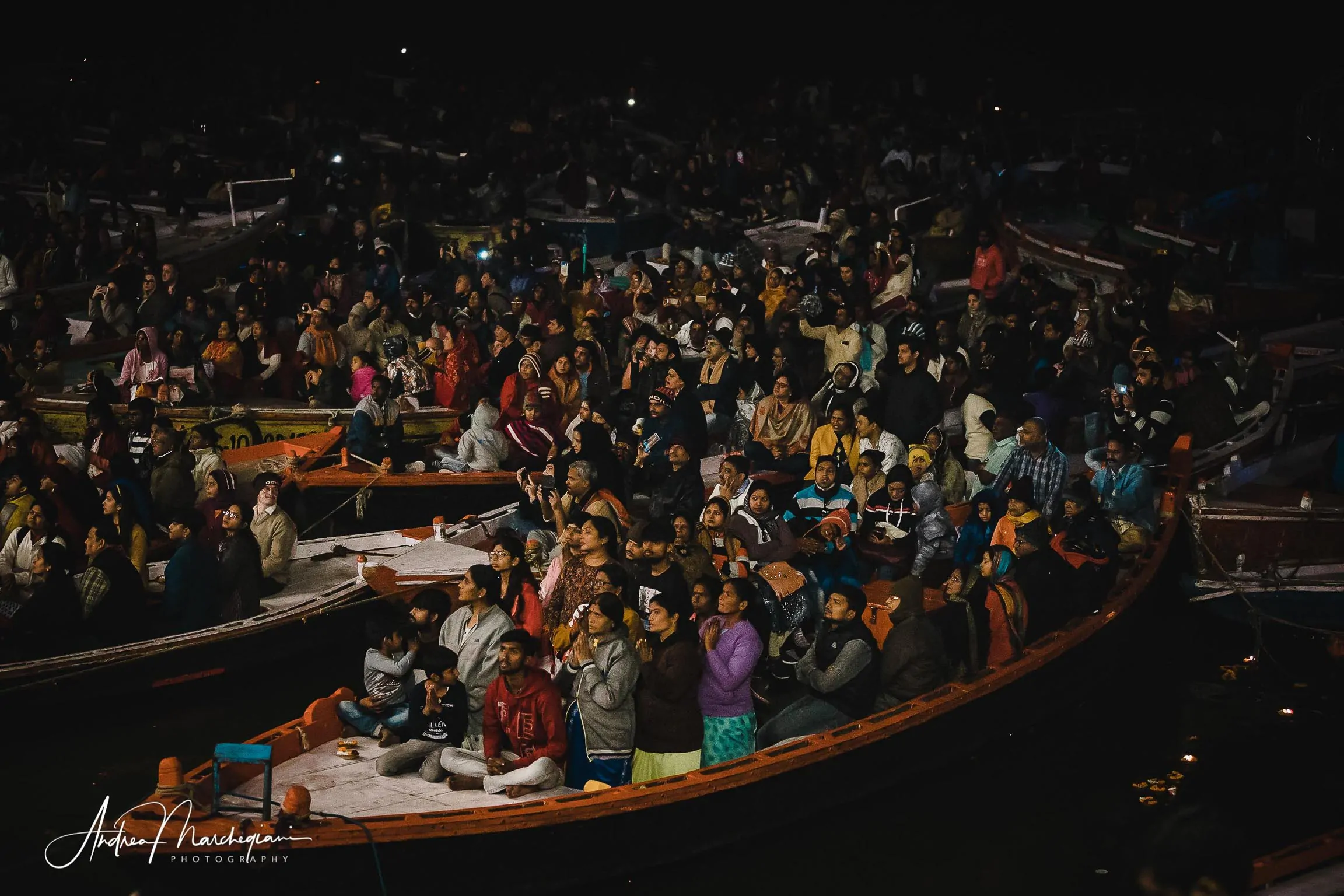
Tilak, prasaad and the candles left on the bed of the Ganges
I light the candle and leave it to the waves of the river, as many other faithful do. The Ganges sparkles with hundreds of flames symbolising as many dreams. Entrusting them to Mother Ganga, the Hindus ask her to fulfill them. The further the current takes them, the more likely they will come true. I watch my flame go away and go back to the stage. The pyrotechnic dance of the priests is hypnotic.
A man approaches with eyes full of joy and offers to draw the tilak, or tika, on my forehead. I try to refuse but he insists and I’m afraid to offend him. Hindus don’t seem to care if I’m their religion or not. They are so convinced of the benefits of their practices that they constantly invite me to take part in them. ” You’ll see, it will bring you luck,” he comments as he draws three ivory stripes on my forehead. I leave a small offer and I walk away smiling.
At the end of the service, the priests leave the stage. Hindus believe that, during the ritual, the fire of lanterns turns into the very body of the goddess Ganga.
The flame is brought to the faithful so they can place their hands on it to collect the heat. Some officiants distribute sugar candies, which everyone tries to get, stretching their arms. I ask what it is. “Prasaad! Good luck!” one of the ushers answers, offering it to me. People put them in their mouths with the same sacredness that we Christians reserve to the host.
In the crowd, I see the young girl who offered me the votive candle. I join her and make an offer. She puts it in her basket without paying attention. I understand she is not asking me for money, as often fake sadhus do. I’m the one who needs to leave an offer and I must admit I do.
A week in Varanasi changes you. You stop wondering whether you like what you see or not. You just feel part of it. You stopped trying to figure out this crazy city but started to understand yourself better. That’s why you can’t wait to go back.
